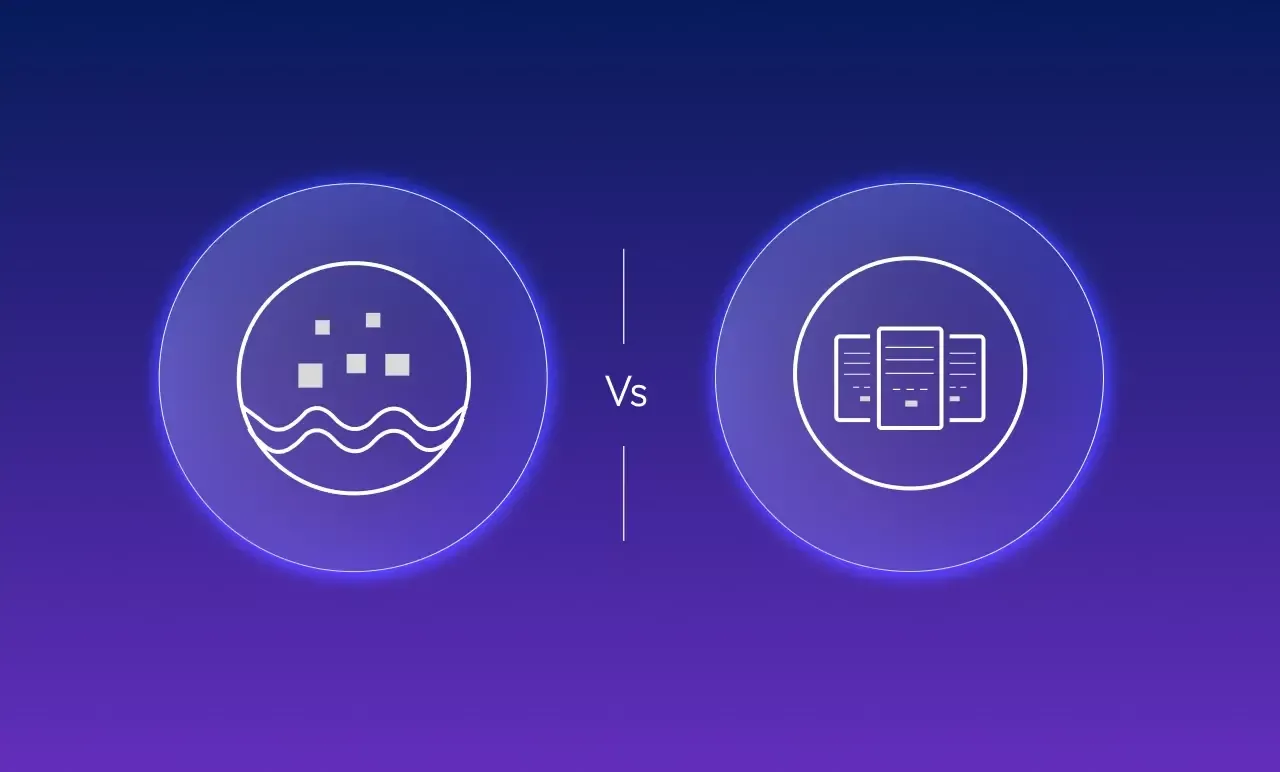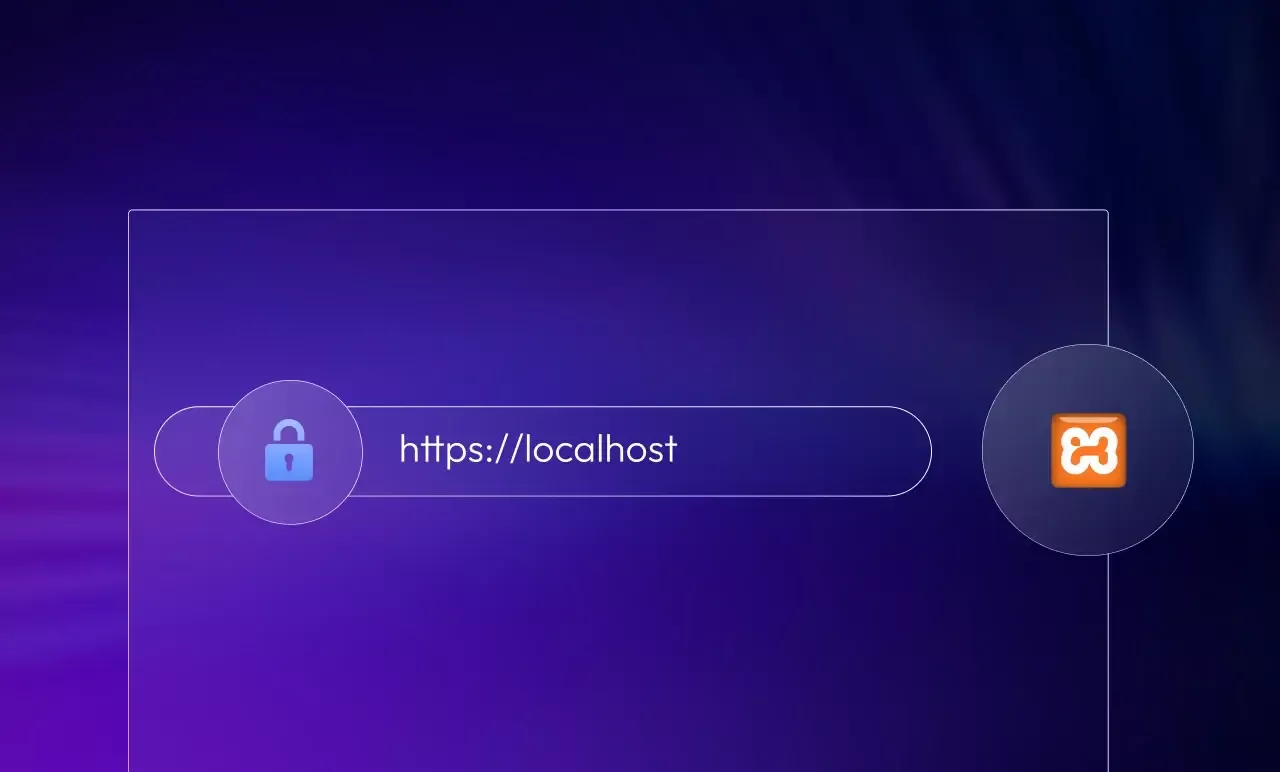Data Storage Decoded: Data Warehouse vs Data Lake Explained
What is sensitive data and why is it important for an organization?
For a data-driven world, information is priceless. The world moves along with shifting trends, and these trends can be located by analyzing data and making predictions from it. From government policies to business trends, the success of all depends on the satisfaction of the consumers, which can be gained through the application of Data Sciences.
There are various types of information. Sensitive data is by far the most essential and important kind of Data, which is widely generated and transported when using the Internet and thus requires great care to prevent its misuse by hackers and third parties. Sensitive Data protection has become a trending topic that is not only relevant to individual consumers but also carries the future of businesses throughout the world.
Enterprises have grown around the interest of Data Security and the market for global data privacy software is projected to grow from $2.36 billion in 2022 to $25.85 billion by 2029- (Fortune Business Insights)
In this article we will be discussing - Sensitive Data, Different types of Sensitive Data and Why are they important for an organization?
What is Sensitive Data?
Sensitive Data is very confidential information that needs to be protected from unauthorized access or else the stolen data can cause adversities like financial losses and identity thefts. Sensitive Data like social security numbers, credit card numbers, health and medical records, or even basic information like name, location, etc., possess great power.
If they end up in the wrong hands, problems like financial breach, identity theft, and exposure to well-protected secrets of the State can emerge. Sensitive data can thus belong to any individual, organization, enterprise or governmental body which must be protected at all costs to prevent any digital harm leading to economic, psychological, or physical threats.
Types of Sensitive Data

Personal Sensitive Information: Personal data is a sensitive piece of information that can be linked to a particular individual. This information can be used to create false documents which cause identity theft. Moreover, personal data can also be used to hack into Social Media accounts, contributing to the same crime of identity theft and also to steal money from the individual’s bank account.
Personal Sensitive Data can be obtained from various sources like:
- Protected Health Information (PHI): These are the medical records, insurance details, prescription bills, etc., that have the sensitive detail of their patients inscribed in them.
- Education Records: The educational records of students, enrollment records, transaction records, etc. come under Education Records.
- Customer Data: The consumer details like name, phone number, address, and much more, recorded by a company with the motive of delivering better customer services comes under Customer Information.
- Customer Confidential Information: Information that might be of personal nature and that which covers matters of business, trade secrets, and other such affairs are considered confidential information belonging to the Customers.
- Financial information: Credit card information, Bank details, UPI IDs, and any information that leads to the individual’s financial sources and can generate transactions is called financial information.
Business Information: Information collected by an enterprise which can include anything from the consumer’s personal details to very confidential data like trade secrets or internal project architectures that can cause enormous harm to the Company’s finances as well as its reputation if left unprotected and open to data breaches, come under the category of Business Information.
Business Information can be of different types:
- Customer Information: The personal data of consumers can range from name, address, emails to social security numbers, credit and debit card numbers, and much more.
- Employee Data: Employee Data contains similar information to Customer data, but it extends even further. Critical data like banking details, Authorization pins, and Usernames that are used in Business applications constitute employee data.
- Intellectual Property: The sensitive information which forms the very basis of an Organization, Research findings, Concepts for product designing, etc, form the intellectual property of a Company and these need high-profile security services as the very being of the enterprise depends on it.
- Operational & Inventory Information: The sales records or any other quantitative inventory information that contains the numerical values associated with a Company’s activities and product deliveries also have a huge impact on the reputation of the Company.
- Industry-Specific Data: Certain Industries have their particular set of sensitive data, like the formulas of certain commercial products, blueprints, records, etc. which make up an integral element of the overall Sensitive data owned by them.
Classified Data: Classified Information or data in particular is the sensitive data owned and generated by Government bodies. These are extremely valuable for a Country’s security as well as economic and social development. Of all the sensitive data, Classified Data gets the most intense security measures backed up by legally restricted access.

Why is sensitive data protection important for an Organization?
With passing years and enhancing tech innovations, a great shift in organizational infrastructure and business digitization has been witnessed. Today companies are readily adopting internet-based technologies like Cloud as a database, Edge computing, Online transactions, and the like to become more Agile.
But their Internet-based infrastructure also makes them prone to vulnerabilities like data breaches, corporate hacking, ransomware hacking etc. This is detrimental to the overall functioning of the organization.
Having an efficient Data Security Measure that looks into all the weak points of the organization’s digital architecture helps in preventing unwanted Data threats, ensuring smooth operations, and also protecting from financial and reputational degradation.
The Risks that surround an organization due to improper Sensitive Data Protection Measures are as follows:
- Financial Losses: The economic depression that follows after a data breach is extremely harmful for a Company’s Finances. Not only that data breaches can cause a direct loss of the firm’s finances through theft, but also further expenditure is to be made by the company for legal penalties, consumer compensations, re-constructing the datacenters and studying the earlier data breach by experts to analyze its causes.
“According to research the average cost of data breached reached $4.24 million in 2021, which is predicted to rise up to $4.96 million if the employees are remote workers.- blog.box.com” - Credibility Issues: Data is an essential commodity of exchange between them and the consumers which must be protected at all costs. A data breach is very harmful for a company’s reputation as it challenges the trust of the consumers. This will ultimately result in the loss of a company’s customer handle and hence is very bad for businesses.
- Legalities: When a business database is hacked, there are more severe consequences than credibility issues. Businesses that fail to protect their customers’ data are legally fined large sums of money.
The EU General Data Protection Regulation (GDPR) is among the world’s toughest data protection laws. Under the GDPR, the EU’s data protection authorities can impose fines of up to €20 million (roughly $20,372,000) or 4% of worldwide turnover for the preceding financial year – whichever is higher.
Since the GDPR took effect in May 2018, we’ve seen over 900 fines issued across the European Economic Area (EEA), and the U.K. GDPR fines have ramped up significantly in recent months. The sum total of GDPR fines levied in Q3 2021 hit nearly €1 billion—20 times greater than the totals for Q1 and Q2 2021 combined.” Source - Tessian.com - Data loss: The breached sensitive data is used by the hackers to generate various kinds of cyber crimes that also include stealing money and the personal identity of the aggrieved people. More than that, crimes like cyberstalking, cyberbullying, and cyber harassment are rising every day. When a database is hacked, valuable information of millions of people is released, and their security is threatened.
On the other hand, it takes more money and machinery to recover and regenerate the lost data for the organization, which might take some time, causing operational disturbances. This harms the business growth cycle.

With increasing cyber crimes, it has become essential to operate devices with proper cyber security. Data breach is a threat to both individuals and companies. With the Covid Pandemic, a new trend of Work-from-home has emerged, and personal devices have become Company assets. It is thus essential to be aware of all the potential threats to Cybersecurity and their solutions.
Sensitive Data thus constitutes a major part of the Database of an enterprise and should be secured with effective Data Security Services.
To know more about Data Security and Compliance Services that are beneficial for your business, contact Sundew!
Email us or Talk to us at +91-98367-81929 or Simply Contact Us through the website.
Let's Connect











